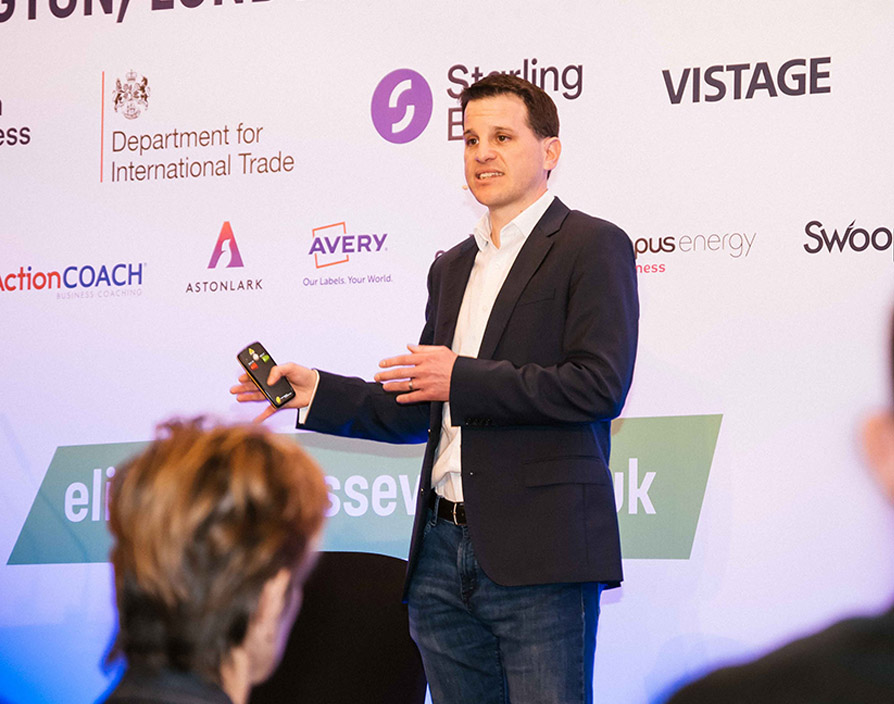It’s a topic which absolutely fascinates us at Vodafone, he said. We call them ‘Fit for Future’ businesses. So these are businesses which we believe are ahead of the curve. They’re self-confident, they’re ambitious, they’re driven and they always seem to be prepared for whatever the world throws at them. And let’s face it, over the last couple of years the world has been throwing quite a lot at us. So it’s a really useful skillset to have at the moment.
We’ve done a lot of research on this as a company over the last couple of years on a pan-European basis and we’ve looked at companies and what we’ve tried to understand is what are the traits and characteristics of these businesses which makes them successful, which make them better prepared and allow them to capture opportunities more than some of their peer groups. And what we’ve found interesting as we went through it, is that it wasn’t scale, or the sector, which made a difference. The same topics kept coming up again and again. They were more linked to mindset and behaviours.
Lesson number one was all about adopting a positive attitude to change.
What we see with certain small businesses is that they take change as a real opportunity, no matter what is coming their way. They see it as an opportunity to change and an opportunity to adapt and enter new marketplaces or address new customers. And actually you’ve seen that across the whole of the small business arena at a fantastic level recently with Covid. The fact that so many small businesses have pivoted their business model and changed to try and enter new marketplaces has been a fantastic response from the entrepreneurial community.
He gave the example of a brewery which managed to pivot its business away from the licensed trade, which was shut during lockdown, towards an online selling model.
Lesson number two was about openness to new technology and how a publishing company used crowdfunded to boost both NHS workers and its own business in the process.
It’s a fantastic demonstration of doing well by doing good. Enabled by technology.
Tech-savvy businesses are more inclined to find business opportunities and also be able to interact with that opportunity better. It gives them the ability to adapt and change more rapidly.
Lesson three was about actively planning for new technologies.
What I find when I speak to a lot of what we call Fit For Future businesses is that they have just got this congenital curiosity. They are constantly asking questions about what’s coming next. With the purpose of really trying to understand new technology which is on the horizon and how it might to be to help their business. To allow them to do something they currently can’t do. But at a rate that will give them an advantage over their peers.
Although the over-arching theme was about being nimble in business, lessons four and five were about planning and foresight of emerging trends which enables businesses to pivot quickly and do it well, when they need to.
We found that 83 per cent of Fit For Future businesses had continuity plans in place. And they proved to be invaluable when the pandemic struck.
Fit for Future businesses have this overwhelming curiosity and desire to understand the forces that are shaping their business and the marketplace in which they operate. They are really keen to talk to the thought leaders. It enables them to identify emerging trends more quickly and enables them to pivot quickly which is a fantastic thing to be able to do in a fast-moving ambiguous environment.
“
Share via:


















































